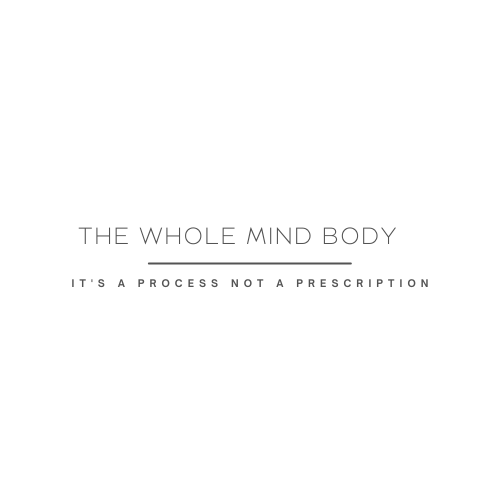Early Signs of Autoimmunity
Generally speaking, autoimmune conditions can be especially difficult to diagnose since symptoms aren’t usually raging (and relatable to a diagnosis) until you are in stage 3 or 4 on what is called the Autoimmune Spectrum.
Oddly, and because they are so common, chronic health conditions are almost accepted as normal parts of life: fatigue, pain, depression, obesity, insomnia, anxiety, headaches, high blood pressure, etc. In the words of many Functional Practitioners at present, “symptoms may be common, but they are not normal.”
Symptoms are your body’s way of speaking to you. If you choose to listen, they are telling you that something is wrong inside your body. Symptoms are the last straw when your body cannot compensate further. Dr. Michael Gaeta writes, “All chronic symptoms, if not resolved, turn into autoimmunity.”
Inflammation in the body manifests in each person very differently. Each autoimmune condition, too, has its own set of specific symptoms. This can be further exacerbated if your autoimmunity has attacked an organ which produces hormones such as your thyroid, pancreas or adrenals that can set a ripple affect in motion for added equilibrium disruption.
For this post however, any of the below listed symptoms can be associated with early stages of autoimmune disease. Some overlap in symptoms may occur, however should not be mistaken for food sensitivities (the next blog post).
• Allergies
• Anxiety and depression
• Blood pressure changes (low or high)
• Digestive problems
• Extreme fatigue
• Gallbladder disease
• Infertility
• Low blood sugar
• Malaise (generally feeling unwell)
• Memory Problems or brain fog
• Migraines
• Muscle or joint pain
• Muscle weakness
• PMS
• Rashes or other skin problems
• Recurrent headaches
• Resistance to weight loss
• Sleep disturbances
• Susceptibility to infections
• Swollen glands
• Thyroid problems
• Unexplained weight gain or loss
• Yeast infections
It is also worth mentioning that several ailments are known to occur very frequently in conjunction with autoimmune disorders:
• Cholangitis
• Chronic fatigue syndrome
• Eczema
• Fibromyalgia
• Polycystic ovary syndrome (PCOS)
If you suffer from any of the above listed symptoms or issues, it is a sign that it’s time to make diet and lifestyle changes to keep autoimmunity at bay.
References
“Autoimmunity Clinical Strategies and Treatment Applications.” The Kharrazian Institute,
www.kharrazianinstitute.com/treating-autoimmunity. 5 January 2021.
Baron-Faust, Rita, and Buyon, Jill. The Autoimmune Connection: Essential Information for Women
on Diagnosis, Treatment, and Getting on with Your Life. McGraw-Hill, 2016.
Disclaimer: Information on this site is not intended or implied to be a substitute for professional medical advice. Always consult with a healthcare professional before beginning any diet, supplementation or exercise program. Statements and opinions contained on this website and other related sources (blog and social media platforms) are provided as informative and educational tools only. Whole Body Health & Healing cannot and does not guarantee the accuracy or effectiveness of the information to your unique circumstance.


